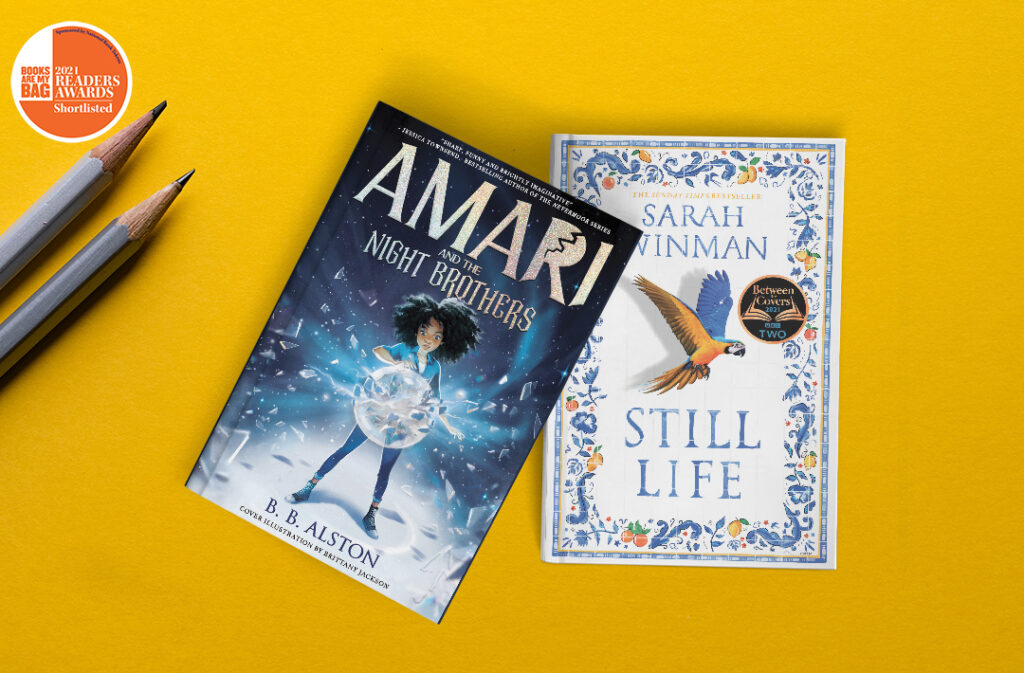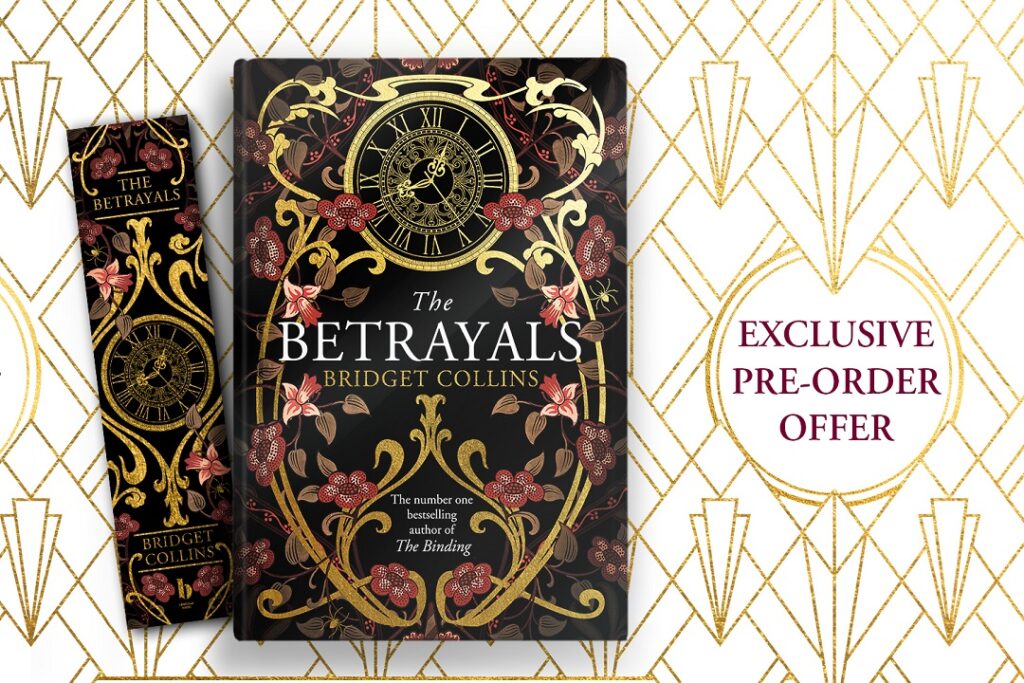A question you get asked often as an author is: ‘Where do your characters come from?’ The answer, of course, is life, but the risk in saying that is people can take it to mean: ‘Every single character is a thinly veiled version of someone I know.’
Not only is this a bad idea if you want to keep your friends, but it isn’t feasible. On a practical level, you would you eventually run out of people interesting enough to fictionalise, and artistically, literary depictions of actual acquaintances fall flat on the page. Don’t ask me why, it’s God’s way of telling us to do more work.
For me, characters are more like a recipe: you take a bit from that person, steal a trait from another, and a good part of the process is sheer flight of fancy – the imaginary biography of the stranger you pass in the street.
If you’re trying to find your way into a character, the dialogue is everything: if you can hear their voice when you write them, and they sound distinct to everyone else in your book, you’re probably doing OK. (If I sound vague, please remember none of us really know what we’re doing. Except Hilary Mantel.)
I think it’s essential that every single character should earn their keep.
However small a role they play, make them as vivid as possible. You’re asking a reader to spend time with them, and why would they want to do that if the character is dull? (Also, it makes following a story harder work – if a character has few distinguishing traits, if you’re anything like me, you find yourself needing constant reminders of who this ‘Bill’ is, and they tend to be the equivalent of the Twitter egg avatar in your mind’s eye: anonymous.)
When readers say your characters are likeable – assuming likeable was the aim – it’s a real thrill, and also comes as a blessed relief.
It’s very hard to tell if you’ve managed it otherwise. It’s like objectively judging the cuteness of your own children.
I mean, if you set out to depict the most adorable human imaginable, you’d probably produce a nause that everyone wanted to smother with a pillow: flaws make people relatable. When Jane Austen invented Emma, she commented that no-one else would like her much except for her creator. But Emma’s self regard and bossiness make her less than angelic, and in turn, more human and appealing.
It’s also brilliant to hear readers find your characters realistic. Again, I think giving them an authentic voice plays a big part. Get inside your character’s point of view, even if you don’t agree with them. In the opening chapter of my first book, You Had Me At Hello, I wrote the break up of a long term relationship. However abrasive the ex-fiancé could be, I was determined he’d have his own case and make it forcefully – very few arguments have all the right on one side. Except when they involve me.
And if you write romance, you absolutely live or die by whether your love interest is fanciable to anyone other than you.
I thought I was doing alright in this regard, until the day my brother inquired whether my latest hero ‘was going to be another Mr Darcehole.’
Mr Darcehole. Insert *crying face emoji* here.
by Mhairi McFarlane
 Who’s That Girl? by Mhairi McFarlane
Who’s That Girl? by Mhairi McFarlane
Published on 7th April 2016 | Hardback | 9780007549481 | RRP £12.99
When Edie is caught in a compromising position at her colleagues’ wedding, all the blame falls on her – turns out that personal popularity in the office is not that different from your schooldays. Shamed online and ostracised by everyone she knows, Edie’s forced to take an extended sabbatical – ghostwriting an autobiography for hot new acting talent, Elliot Owen. Easy, right?
Wrong. Banished back to her home town of Nottingham, Edie is not only dealing with a man who probably hasn’t heard the word ‘no’ in a decade, but also suffering an excruciating regression to her teenage years as she moves back in with her widowed father and judgy, layabout sister.
When the world is asking who you are, it’s hard not to question yourself. Who’s that girl? Edie is ready to find out.
If you’re a bookseller in the UK or Ireland and you’d like a reading copy of Who’s That Girl?, please send your request, along with your name and bookshop address, to Olivia at independentthinking@harpercollins.co.uk.



